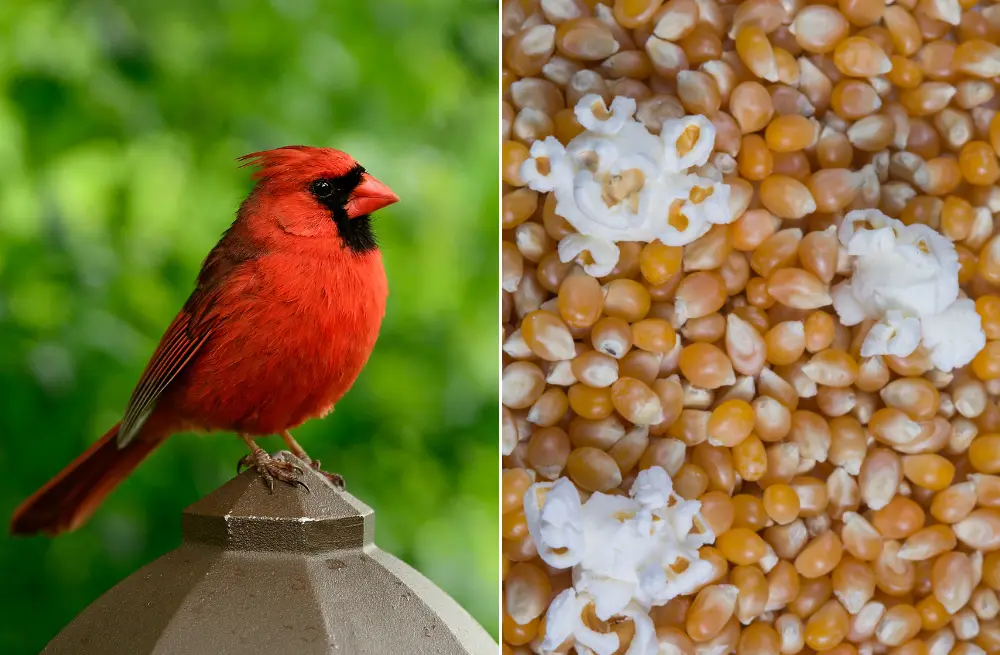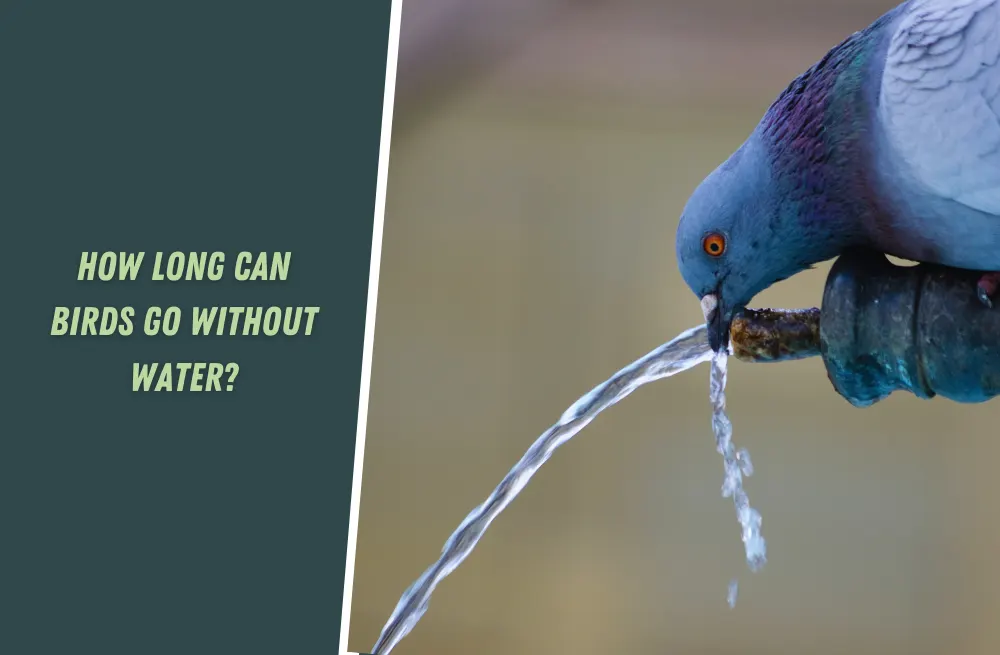Did you know that kangaroos are known for their amazing hopping skills and love to munch on vegetation?
Even though they are plant-eaters, there are certain things that they steer clear of. Let’s explore ten things that kangaroos don’t eat and learn why they make these dietary decisions.
Things That Kangaroos Do Not Eat
Meat
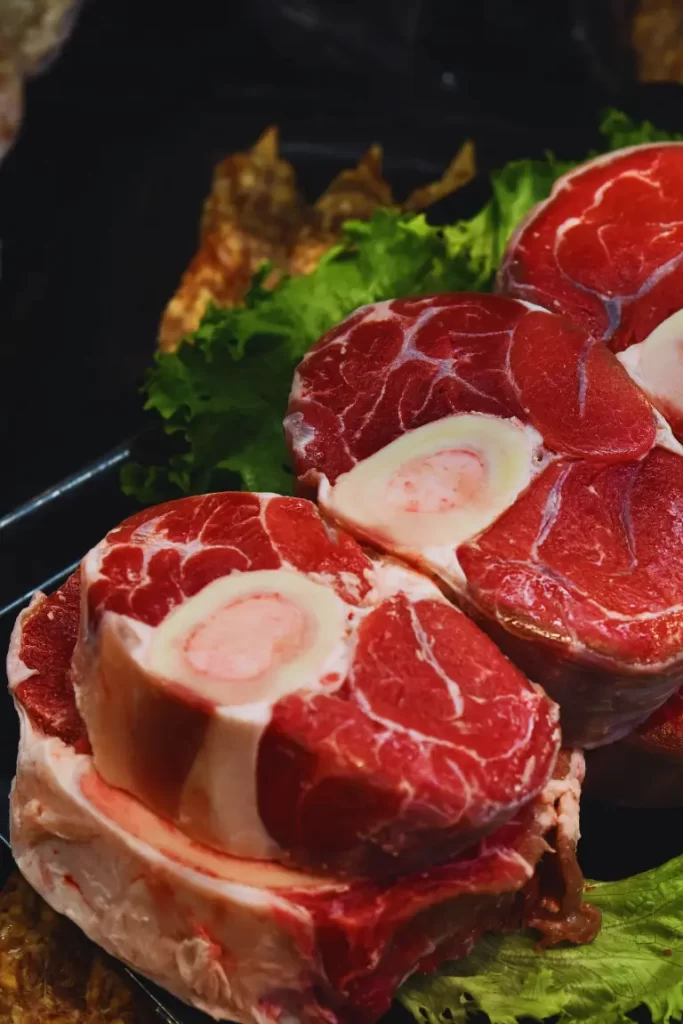
Kangaroos have evolved as herbivores, and meat is not a part of their natural diet. Their digestive systems are specifically designed to extract nutrients from plant material. Unlike carnivorous animals, kangaroos lack the necessary adaptations for efficiently digesting and processing animal protein.
The digestive anatomy of kangaroos features a long, specialized gut that allows them to break down fibrous plant matter and extract nutrients through fermentation. They rely on the cellulose-digesting bacteria present in their gut to help them break down and extract energy from plant material.
While there have been rare observations of kangaroos consuming small amounts of meat, such instances are considered atypical and likely occur as a result of opportunistic or scavenging behavior rather than as a regular part of their diet.
The preference for a plant-based diet reflects the unique adaptations and ecological niche of kangaroos as grazers and browsers in the Australian landscape.
Insects
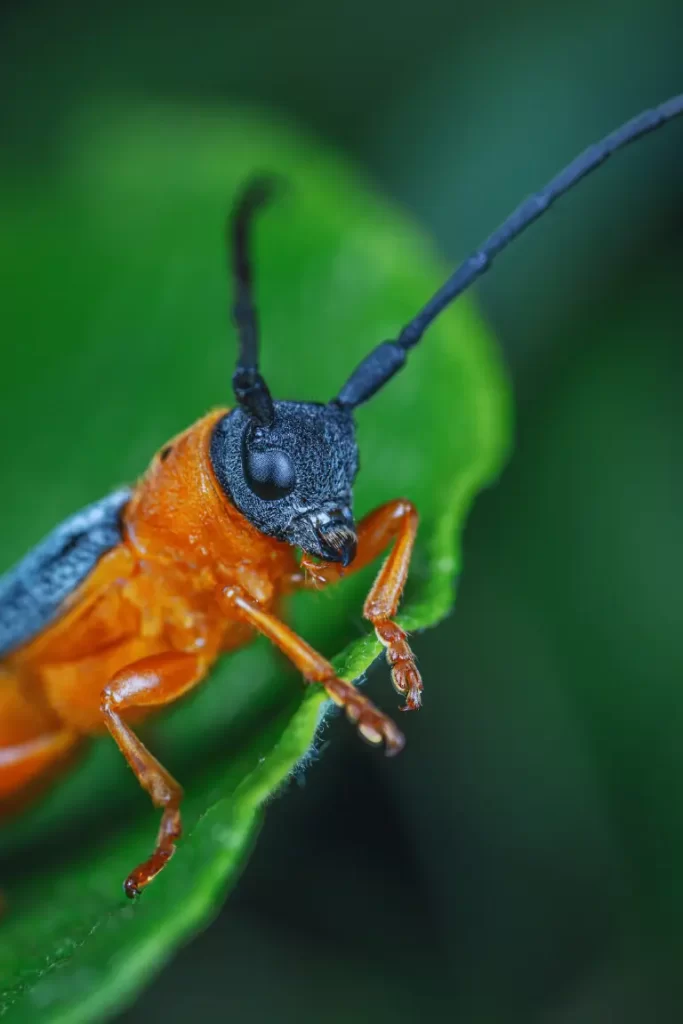
While kangaroos are primarily herbivores, there have been rare observations of kangaroos consuming insects. However, insects do not constitute a significant part of their diet. Kangaroos are more inclined to focus on grazing grasses and browsing leaves as their primary sources of sustenance.
The occasional consumption of insects by kangaroos is typically opportunistic and may occur during times when their preferred plant food sources are scarce or limited.
In these situations, kangaroos may resort to consuming insects as a supplementary source of nutrition.
However, it’s important to note that the digestive system of kangaroos is specialized for processing and extracting nutrients from plant material.
They lack the specific adaptations necessary to digest and derive energy from animal protein efficiently. Thus, insects remain a minor and infrequent component of a kangaroo’s overall diet.
The primary reliance on plant-based food sources aligns with the evolutionary adaptations of kangaroos as herbivorous grazers and browsers in their native habitats.
Their digestive systems are well-suited for breaking down fibrous plant matter and extracting essential nutrients from vegetation.
Fish
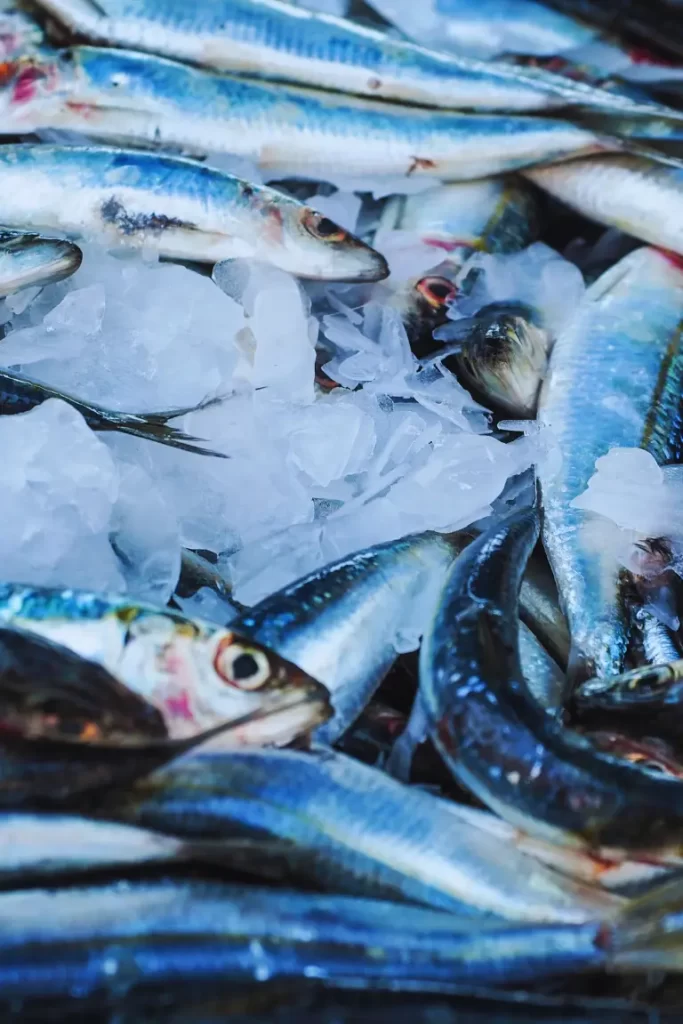
Kangaroos are land animals that are not adapted to hunt or eat fish. They mainly live in dry land habitats and cannot access aquatic environments where fish are found. Therefore, fish is not a part of their natural diet.
Kangaroos have evolved to thrive on a diet of vegetation, focusing on grazing grasses and browsing on leaves. Their digestive systems are specialized in extracting nutrients from plant material rather than processing and metabolizing animal protein from sources like fish.
Although kangaroos may occasionally come across bodies of water, they primarily rely on land-based plant sources to meet their foraging and nutritional needs.
Dairy Products
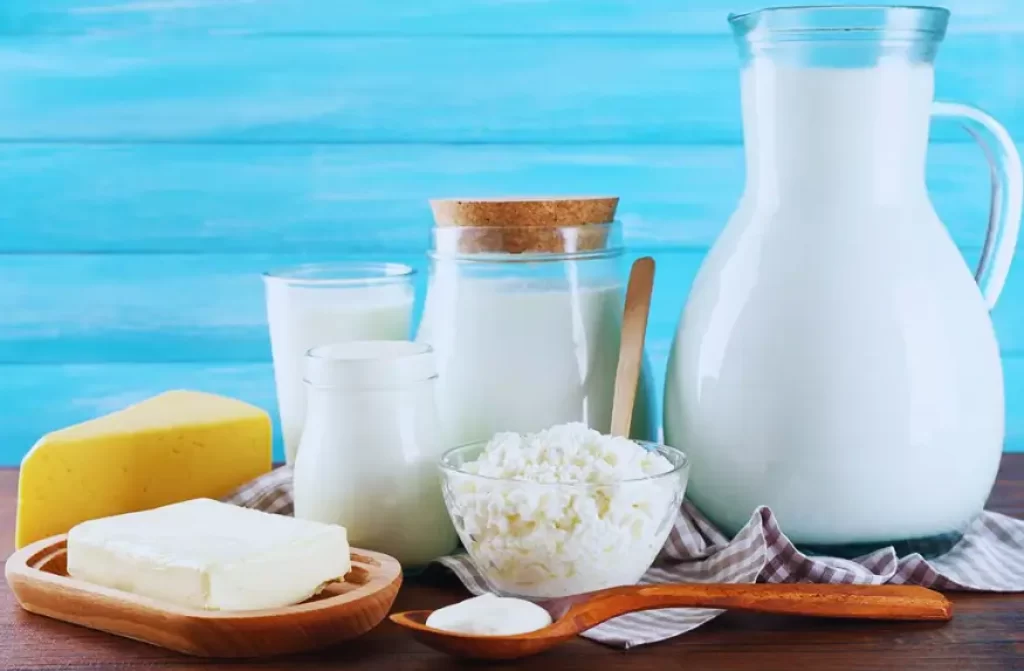
Kangaroos are not adapted to digest dairy products. Their digestive system lacks the necessary enzymes, such as lactase, required to break down lactose, the sugar found in milk and dairy products. As a result, consuming dairy items can lead to digestive issues and discomfort for kangaroos.
Milk and other dairy products are primarily intended for the nourishment of offspring in mammals that possess the ability to produce lactase. Kangaroos, being herbivores, have evolved to extract nutrients from the plant material and do not rely on dairy as a part of their natural diet.
Processed Foods
Kangaroos do not naturally prefer processed foods like snacks, sweets, or processed meats.
These items are not part of their natural environment and are not suitable for their nutritional needs. Kangaroos have evolved to thrive on a vegetation diet, specifically grazing grasses and browsing leaves.
Processed foods typically lack the essential nutrients and dietary components that kangaroos require for their well-being. These foods often contain high levels of added sugars, unhealthy fats, and artificial additives, which can have detrimental effects on the health of kangaroos if consumed.
Nuts and Seeds
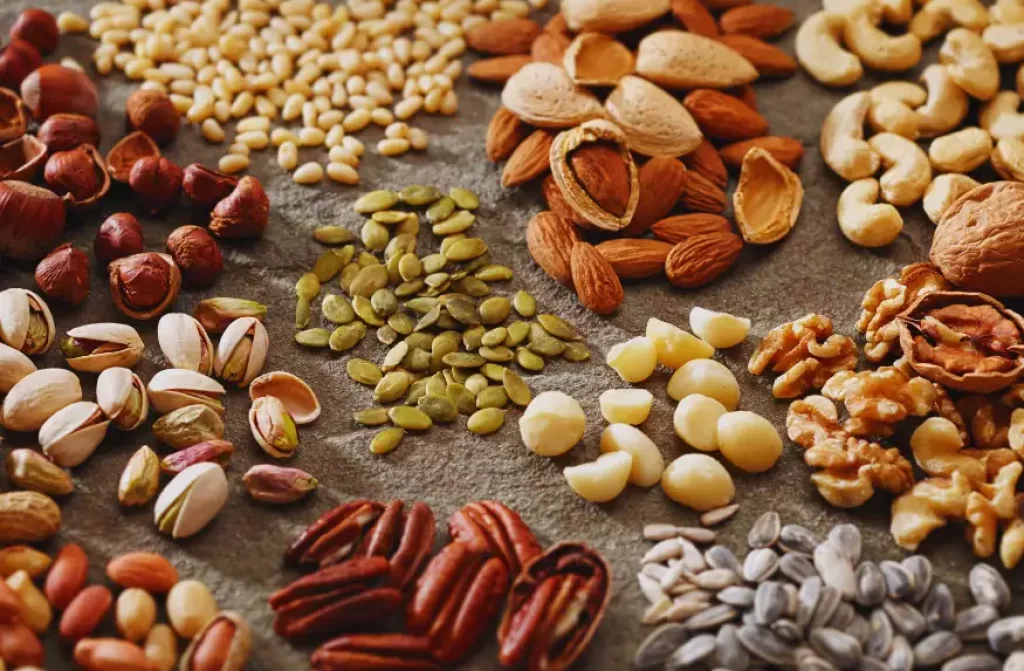
Although kangaroos are herbivores and consume plant material, they do not typically eat nuts and seeds. This is primarily due to the challenges posed by their specialized dental structure and digestive system.
Kangaroos have evolved with teeth that are well-suited for grazing on grasses and browsing on leaves. Their teeth are not designed to crack open hard shells or shells that encase nuts and seeds. Therefore, accessing the edible portions of nuts and seeds may prove difficult for them.
Moreover, kangaroos possess a unique digestive system that specializes in extracting nutrients from fibrous plant material.
They rely on microbial fermentation in their specialized gut to break down and extract nutrients from the cellulose present in grasses and leaves. The digestive processes that enable them to extract nutrients from plant matter efficiently may not be as effective for digesting nuts and seeds.
As a result, kangaroos primarily focus on grazing grasses and browsing on leaves as their primary plant-based food sources rather than incorporating nuts and seeds into their diet.
Fruits
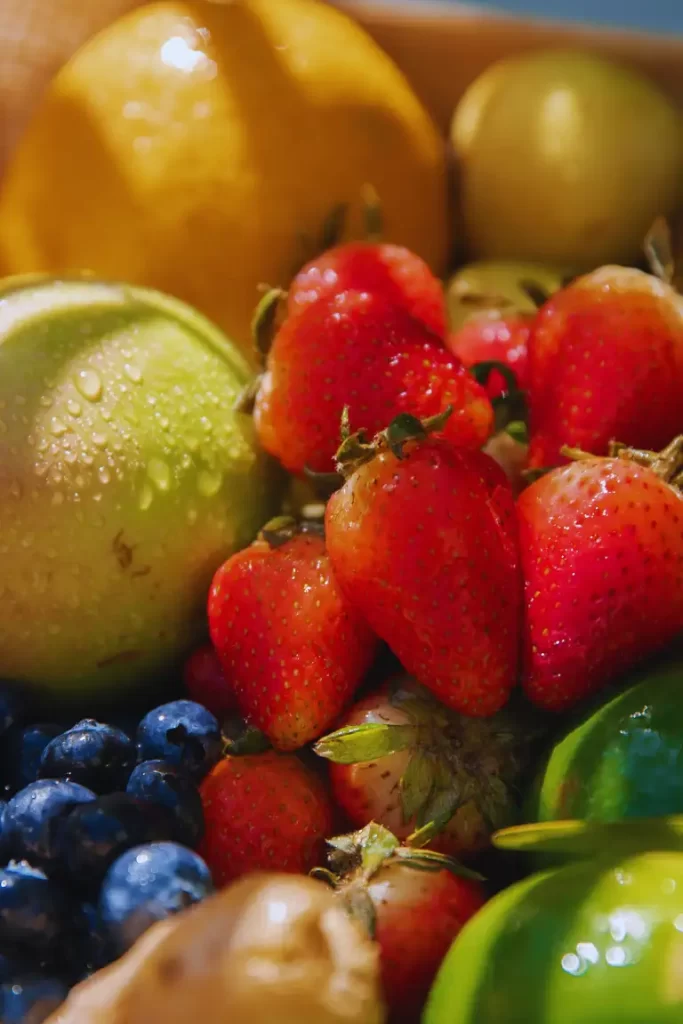
While some kangaroo species may occasionally consume fruits, they are not a staple part of their diet. Kangaroos primarily rely on grasses and leaves as their primary food sources.
Kangaroos have evolved as grazers and browsers, adapted to extract nutrients from vegetation such as grasses, shrubs, and leaves. Their dental structure and digestive system are specialized for processing and efficiently digesting fibrous plant material.
While fruits may provide a source of energy and nutrients, they are not a significant component of a kangaroo’s natural diet.
The consumption of fruits by kangaroos is usually opportunistic and dependent on factors like seasonal availability or individual dietary preferences.
Roots and Tubers
Kangaroos do not heavily rely on roots and tubers as a significant portion of their diet. Their digestive system is more adapted to extracting nutrients from above-ground vegetation, such as grasses and leaves.
Kangaroos have specialized dental adaptations that are suited for grazing on grasses and browsing on leaves. Their teeth are not specifically designed for digging or consuming underground plant parts like roots and tubers.
While kangaroos may encounter roots and tubers in their habitat, they typically prioritize above-ground vegetation as their primary food source.
Grains
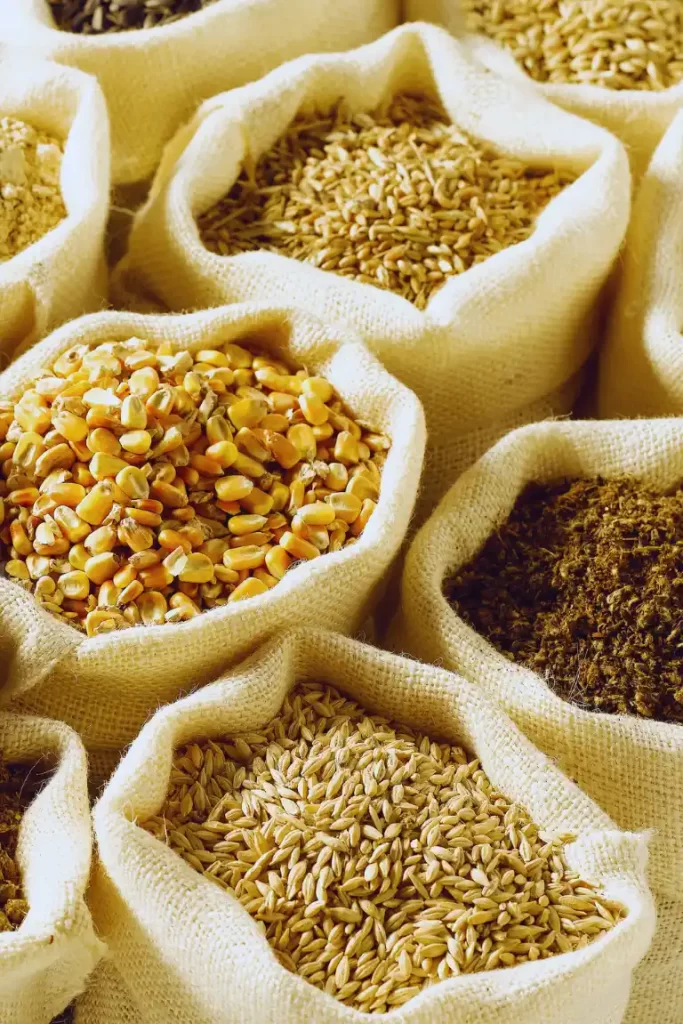
While kangaroos can consume certain grain-like grasses in their natural habitat, they do not typically consume grains in the form of cultivated crops or grains produced for human consumption. Kangaroos primarily rely on native grasses and plant species as their main food sources.
The diet of kangaroos is shaped by their evolutionary adaptations to the Australian landscape, where they have evolved to graze on a variety of native grasses and browse on leaves. Their digestive systems are specialized for extracting nutrients from these plant materials.
Cultivated grains, such as wheat, barley, or rice, are not part of the natural diet of kangaroos. These grains are typically introduced through agricultural practices and are not commonly found in the native habitats where kangaroos reside.
Human Food Waste
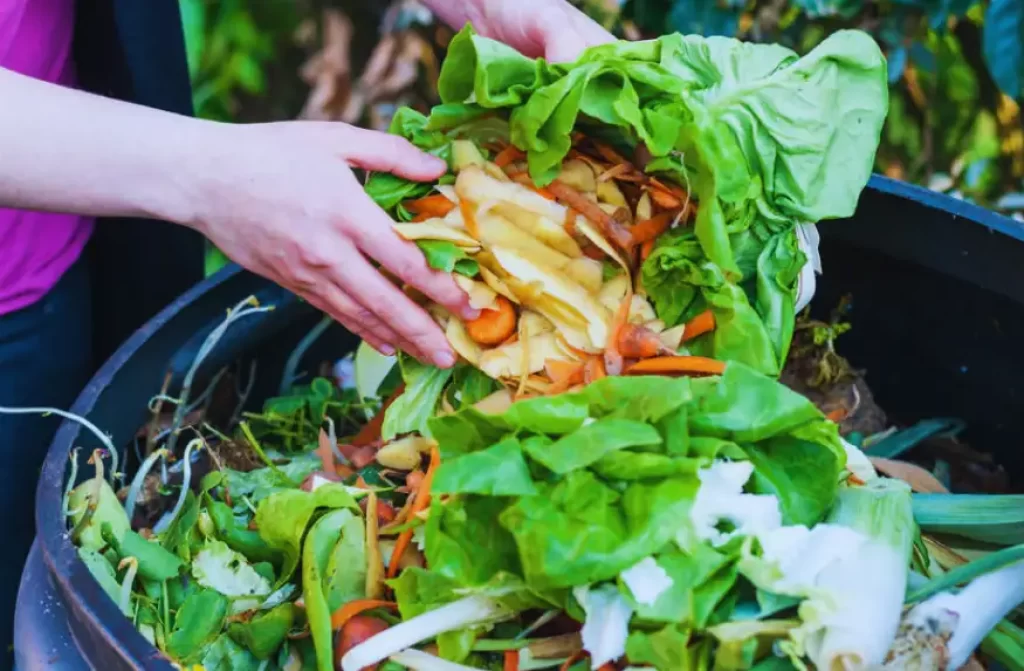
Kangaroos are not adapted to consume human food waste. Feeding kangaroos with processed human food can have negative consequences for their health and disrupt their natural diet.
Human food waste often consists of processed and unhealthy items such as snacks, sweets, and processed meats. These foods typically contain high levels of sugars, unhealthy fats, and artificial additives that are not suitable for kangaroo consumption.
Feeding kangaroos with human food waste can lead to various health issues, including digestive problems, nutrient imbalances, and weight gain. It can also disrupt their natural foraging behavior and cause dependency on unnatural food sources.
It’s essential to remember that kangaroos have evolved to thrive on a diet of vegetation, specifically grazing on grasses and browsing on leaves. Providing them with natural, plant-based foods that resemble their natural diet is crucial for their overall health and well-being.
Respecting their dietary preferences and refraining from offering them human food waste allows kangaroos to maintain their natural foraging behaviors, ensuring they receive the appropriate nutrition from their native habitats.
Reasons behind Kangaroos’ Dietary Preferences
Kangaroos have evolved over millions of years to thrive on a diet of vegetation. Their digestive systems, specialized teeth, and complex gut flora enable them to extract nutrients from plant material efficiently.
Their dietary preferences are shaped by their physiological adaptations and the availability of natural food sources in their habitats.
Maintaining a Balanced Diet
Understanding what kangaroos do not eat helps us appreciate their specialized dietary needs and highlights the importance of preserving their natural habitats.
By ensuring the conservation of their preferred food sources, we can support the well-being and conservation of these iconic Australian marsupials.
Related animals
Conclusion
Kangaroos are herbivores with particular dietary preferences that revolve around vegetation. Their natural diet doesn’t include meat, insects, fish, dairy products, processed foods, nuts and seeds, fruits, roots and tubers, grains, or human food waste.
Honouring their dietary preferences and safeguarding their natural habitats are critical to maintaining the overall health of Australia and conserving kangaroo populations.
If you enjoyed this article, please leave a comment below and let us know! You can also find more articles in the section below. Happy reading!



